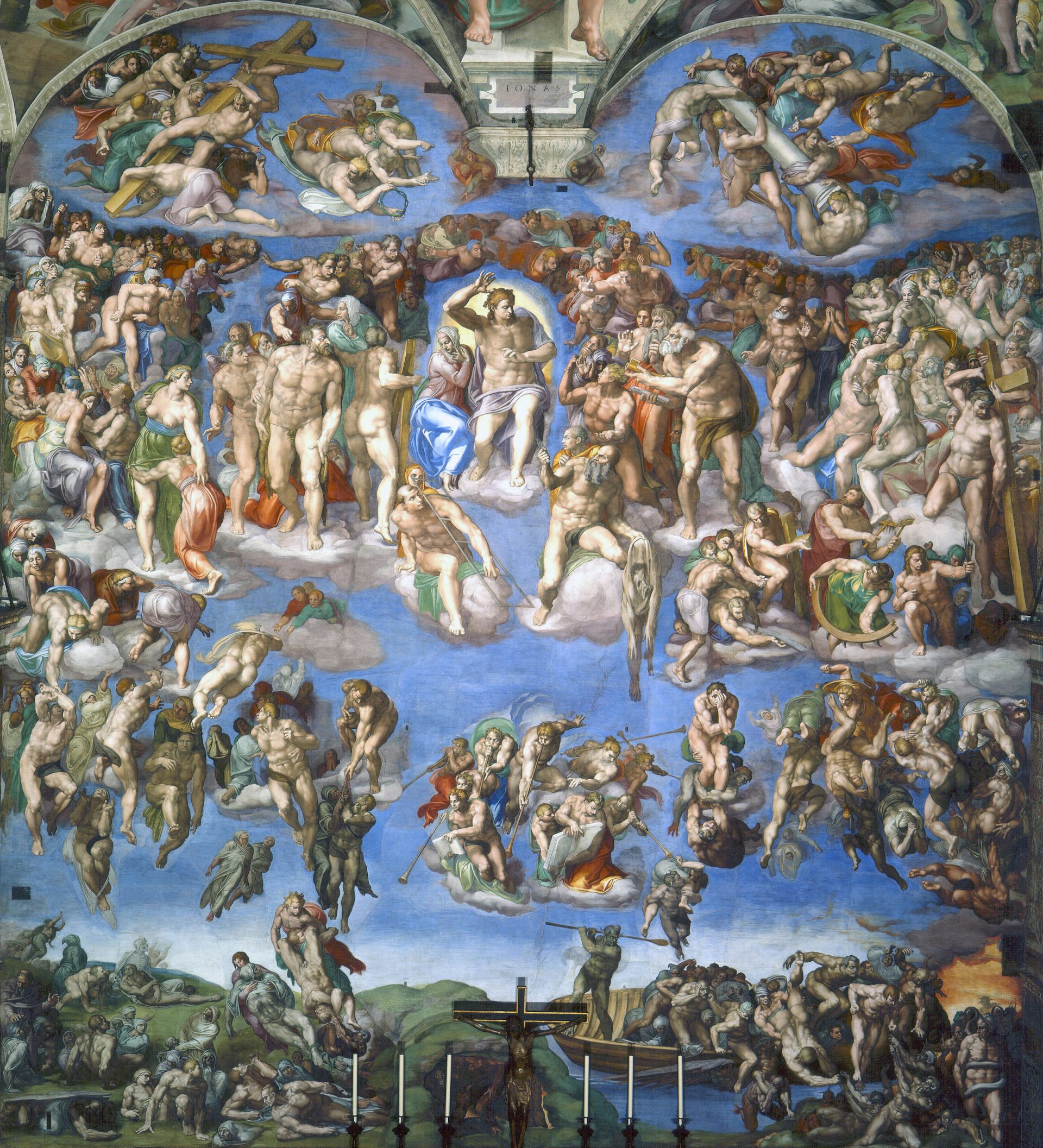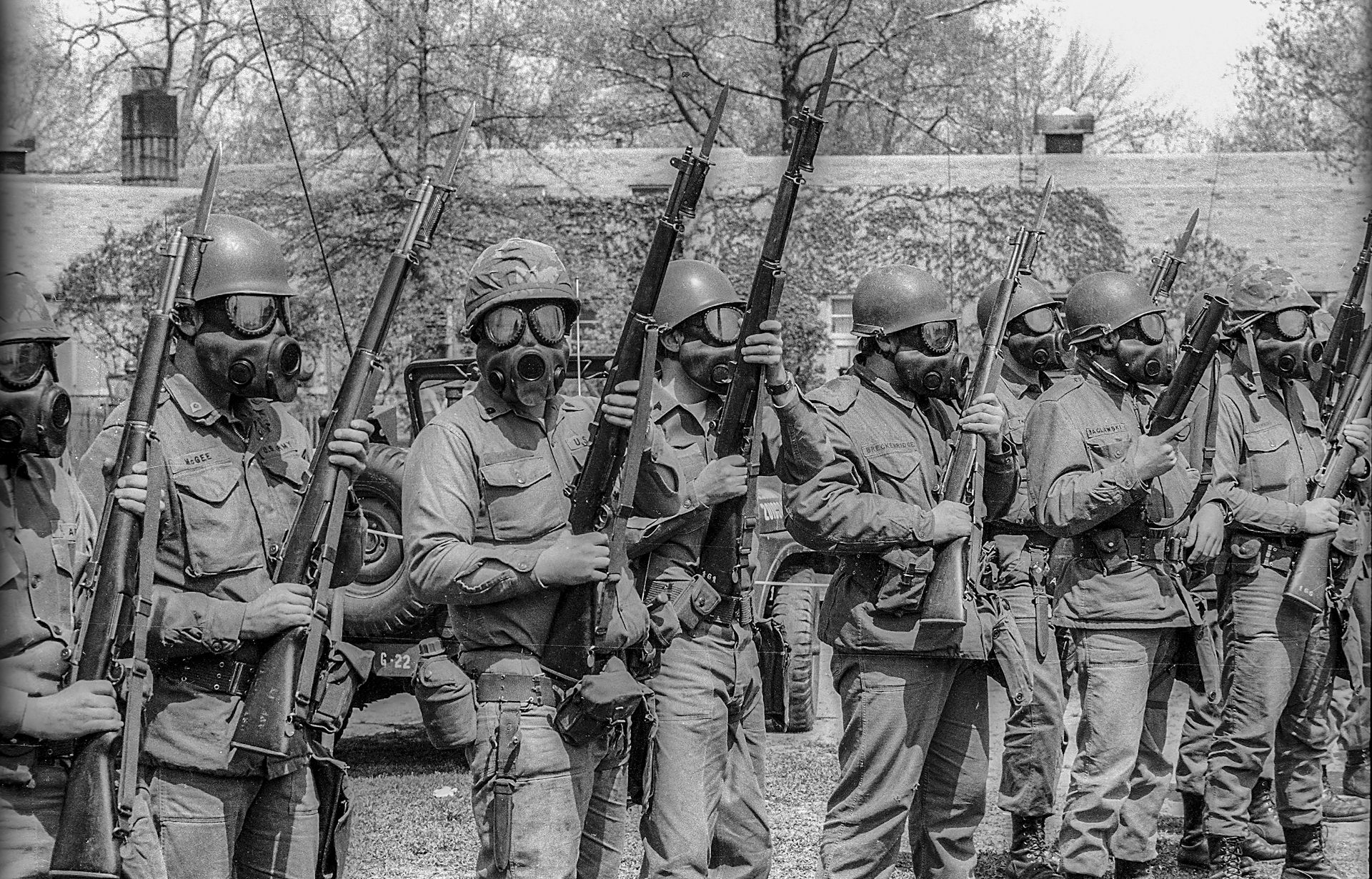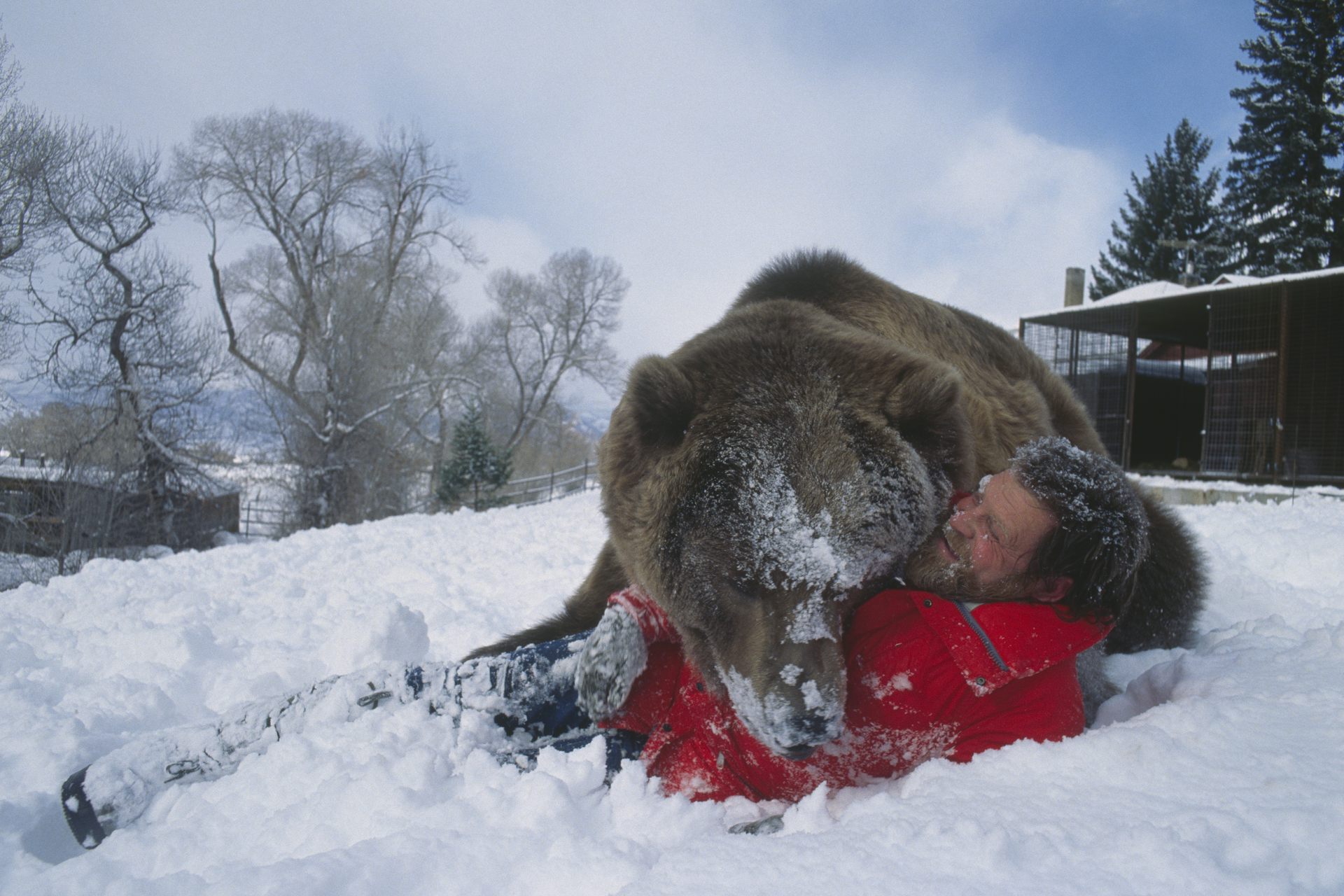6 books that explain the history and meaning of Juneteenth
Juneteenth is part of a rich heritage of African American emancipation and freedom celebrations.
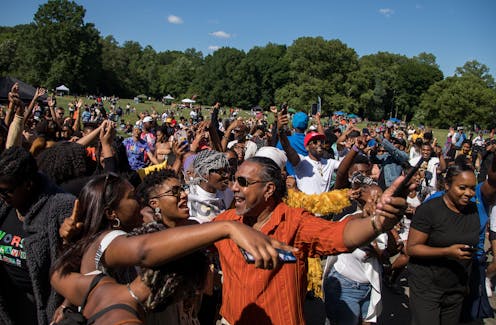
After decades of being celebrated at mostly the local level, Juneteenth – the long-standing holiday that commemorates the arrival of news of emancipation and freedom to enslaved Black people in Galveston, Texas, in 1865 – became a federal holiday in 2021. In honor of this year’s Juneteenth, The Conversation reached out to Wake Forest University humanities professor Corey D. B. Walker for a list of readings that can help people better understand the history and meaning of the observance. Below, Walker recommends six books.
‘On Juneteenth’
Combining history and memoir, Annette Gordon-Reed’s “On Juneteenth” offers a moving history of African American life and culture through the prism of Juneteenth. The award-winning Harvard historian presents an intimate portrait of the experiences of her family and her memories of life as an African American girl growing up in segregated Texas. The essays in her book invite readers to enter a world shaped by the forces of freedom and slavery.
Reed’s exploration of the history and legacy of Juneteenth is a poignant reminder of the hard history all Americans face.
‘O Freedom! Afro-American Emancipation Celebrations’
William H. Wiggins Jr.‘s “O Freedom! Afro-American Emancipation Celebrations” is the historical standard for African American emancipation celebrations. It offers an accessible and well-researched account of the emergence and evolution of Juneteenth.
Wiggins brings together oral history with archival research to share the stories of how African Americans celebrated emancipation. It explains how Juneteenth is part of the tapestry of emancipation celebrations. These celebrations included such dates as January 1, in North Carolina, April 3, in Richmond, Virginia, and April 16, in Washington, D.C.
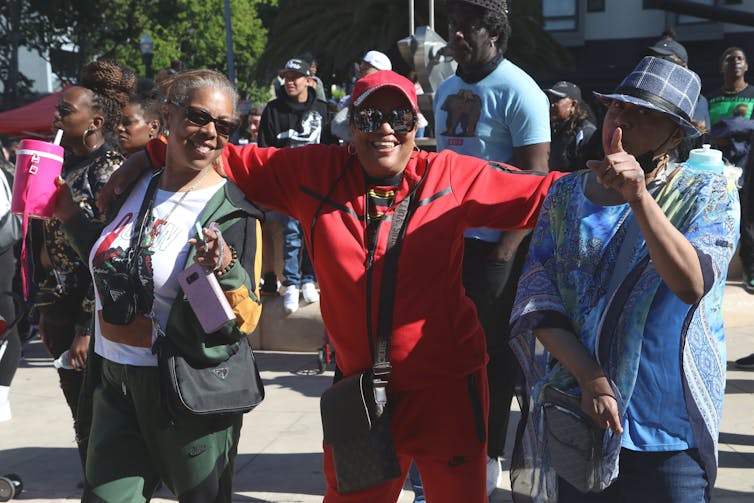
What began as a local holiday has evolved into a national celebration.
Juneteenth celebrations are known for the variety of programs and events that highlight African American history and culture. In the 1960s, students at Prairie View A&M University in Prairie View, Texas, informed faculty that classes would not be held on Juneteenth. In Milwaukee, the local Juneteenth parade includes a group known as the Black Cowboys riding their horses along Dr. Martin Luther King Jr. Drive. Juneteenth celebrations also feature cultural fairs and exhibitions, artistic performances and historical reenactments. Lectures and public conversations, community feasts and religious services are also part of the celebrations.
'Juneteenth’
Ralph Ellison, perhaps best known for his novel “Invisible Man,” offers multiple meanings of Juneteenth in African American and American life in his posthumously published novel “Juneteenth.”
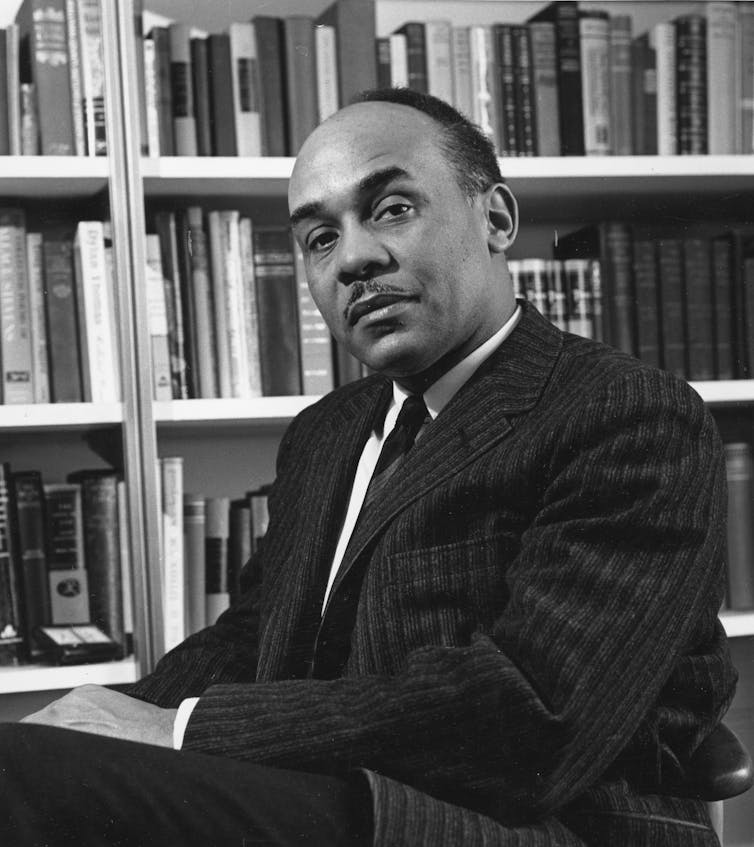
The ambivalence of Juneteenth is of a freedom delayed but not denied. Ellison’s spiraling novel captures this in the entangled and tragic lives of the racist Senator Sunraider – previously known as Bliss – and the minister who raised him, the Reverend A. Z. Hickman. For Ellison, Juneteenth represents more than just a celebration of emancipation. It also represents the shared fate of white Americans and African Americans in the quest to create a just and equal society. The promise and peril of Juneteenth is elegantly captured in Hickman’s words, “There’s been a heap of Juneteenths before this one and I tell you there’ll be a heap more before we’re truly free!”
‘Festivals of Freedom: Memory and Meaning of African American Emancipation Celebrations, 1808-1915’
Mitch Kachun’s book, “Festivals of Freedom: Memory and Meaning of African American Emancipation Celebrations, 1808-1915,” traces the history of emancipation celebrations and their influence on African American identity and community. Juneteenth joined a longer tradition of emancipation celebrations. Those celebrations included ones at the end of the trans-Atlantic slave trade in the United States on Jan. 1, 1808. They also included the August First Day/West India Day celebrations that marked the abolition of slavery throughout the British Empire on Aug. 1, 1834.
With an eye for historical detail, Kachun narrates a complex history of how Juneteenth and other freedom festivals shaped African American identity and political culture. The celebrations also displayed competing meanings of African American identity. In Washington, D.C. in the late 19th century, different groups of African Americans held distinct celebrations. These variations underscored tensions around political ideals, status and identity. Kachun’s book reminds us that Juneteenth served as a crucible for forging a collective and contested sense of African American community.
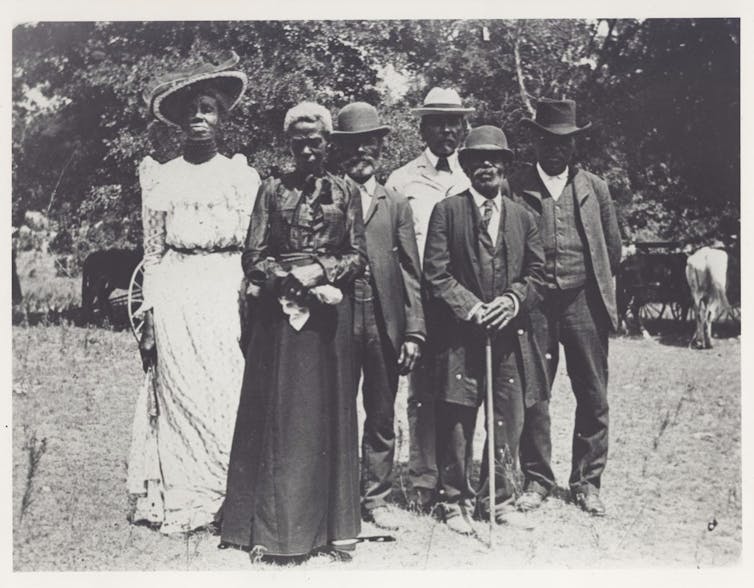
‘Rites of August First: Emancipation Day in the Black Atlantic World’
Similar to Kachun’s book, Howard University historian Jeffrey R. Kerr-Ritchie’s “Rites of August First: Emancipation Day in the Black Atlantic World” reminds readers of a broader history and geography of emancipation celebrations.
Kerr-Ritchie focuses on how various African American communities adopted and adapted West India Day celebrations. He also explores how they created meaning and culture in celebrating the abolition of slavery in the British West Indies. Kerr-Ritchie’s book details how these celebrations moved across political borders and boundaries.
‘Juneteenth: The Story Behind the Celebration’
Contemporary invocations of Juneteenth often overlook its military history.
Edward T. Cotham, Jr.‘s “Juneteenth: The Story Behind the Celebration” fills the void by exploring the Civil War origins of Juneteenth.
Cotham renders explicit the military context leading up to the events on June 19, 1865, in Galveston. This is when enslaved Black people there finally got word that they had been freed more than two years prior. Cotham reminds readers that the history of Juneteenth involves ordinary actions of many individual people whose names may not be widely known.
Collectively, these books about Juneteenth offer fresh perspectives on the history and culture of African Americans on a quest to fully express their freedom. Juneteenth is also an invitation for all Americans to continue to learn about and strive for freedom for all people.
Corey D. B. Walker does not work for, consult, own shares in or receive funding from any company or organization that would benefit from this article, and has disclosed no relevant affiliations beyond their academic appointment.
Read These Next
Last nuclear weapons limits expired – pushing world toward new arms race
The expiration of the New START treaty has the US and Russia poised to increase the number of their…
Why Michelangelo’s ‘Last Judgment’ endures
The artist used daring imagery that sparked controversy from the moment it was unveiled.
‘Learning to be humble meant taming my need to stand out from the group’ – a humility scholar explai
Humility is a virtue that many people admire but far fewer practice. A scholar describes how a professional…



